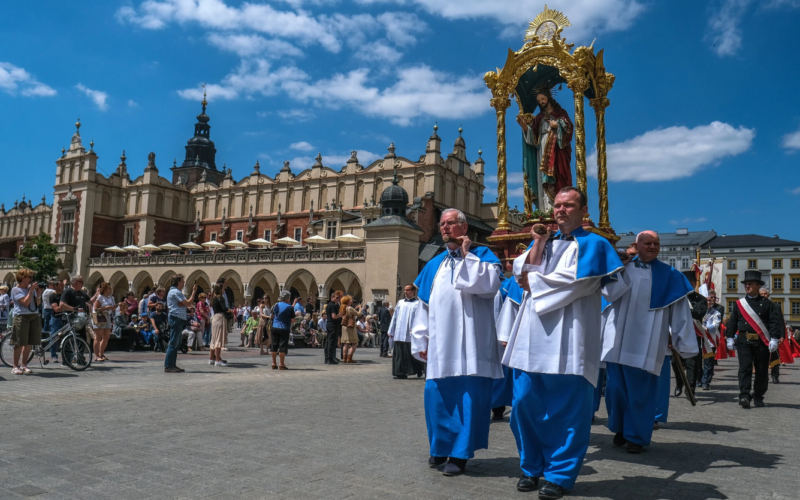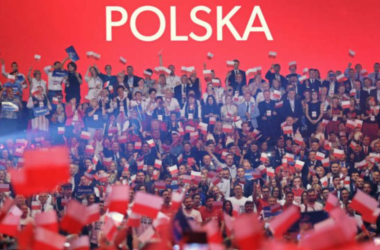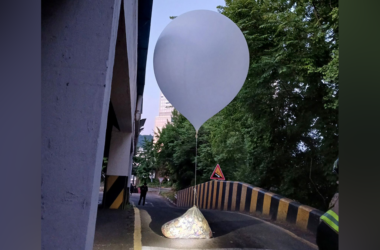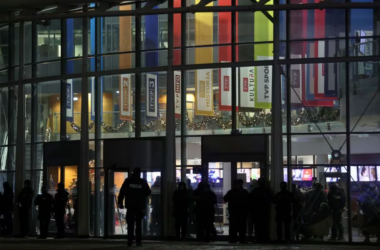In a reflection of evolving societal trends, recent census data reveals a notable shift in Poland’s religious landscape. Traditionally known for its strong Catholic identity, the proportion of Catholics in the country has dipped to 71%. This statistical shift prompts a closer examination of the factors contributing to this decline and its potential implications for Poland’s cultural and social fabric.
Historically, Poland has been regarded as a bastion of Catholicism in Europe. The Church’s influence in the nation’s history, culture, and politics has been profound. However, the recent census data demonstrates a shift in religious adherence patterns. The percentage of Catholics in Poland has fallen from previous highs, indicating a changing dynamic within the country.
The decline in Catholic adherence in Poland carries several potential implications for the nation:
1.Pluralism and Diversity: A more diverse religious landscape can foster a sense of pluralism and tolerance within society. It may encourage greater dialogue and understanding between different faith communities.
2.Political and Social Dynamics: With a shift away from traditional religious affiliations, there may be changes in political and social priorities. Issues such as the separation of church and state, ethical dilemmas, and social justice may come to the forefront.
3.Challenges for Religious Institutions: The decline in adherence presents challenges for religious institutions, which may need to adapt their approaches to engage with a changing demographic.
4.Opportunities for Dialogue: This shift provides an opportunity for open dialogue about faith, belief, and spirituality in a diverse and dynamic society.
The recent census data indicating a decline in the proportion of Catholics in Poland reflects broader societal shifts towards diversity and pluralism. While the Catholic Church remains a significant influence, it is essential to acknowledge and engage with the evolving religious landscape. This transition opens the door for constructive dialogue, increased understanding, and a more inclusive approach to faith and spirituality in Poland.








